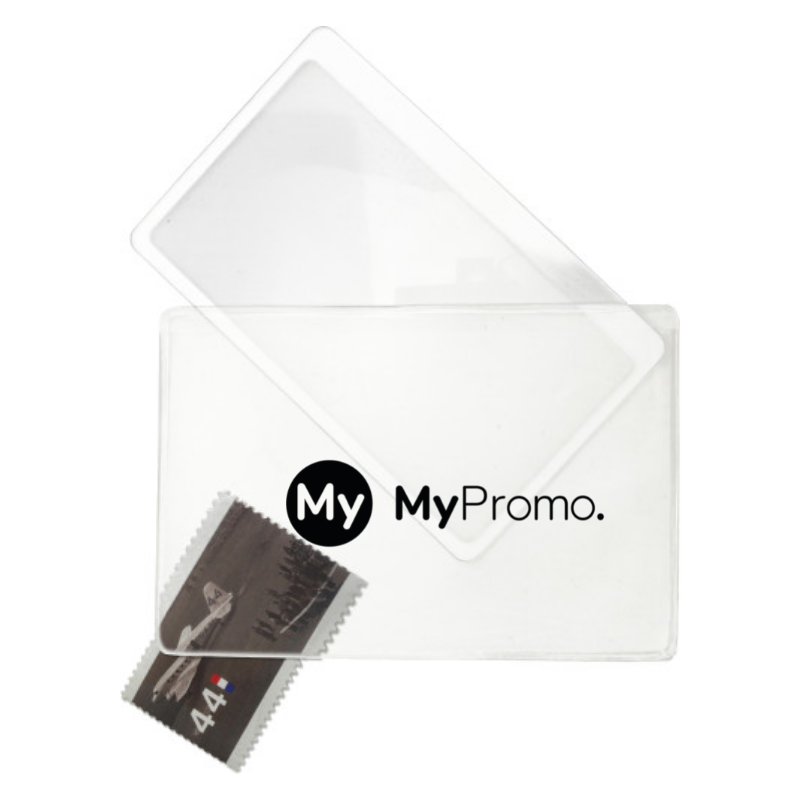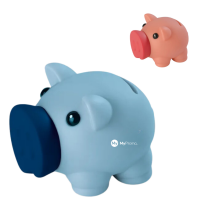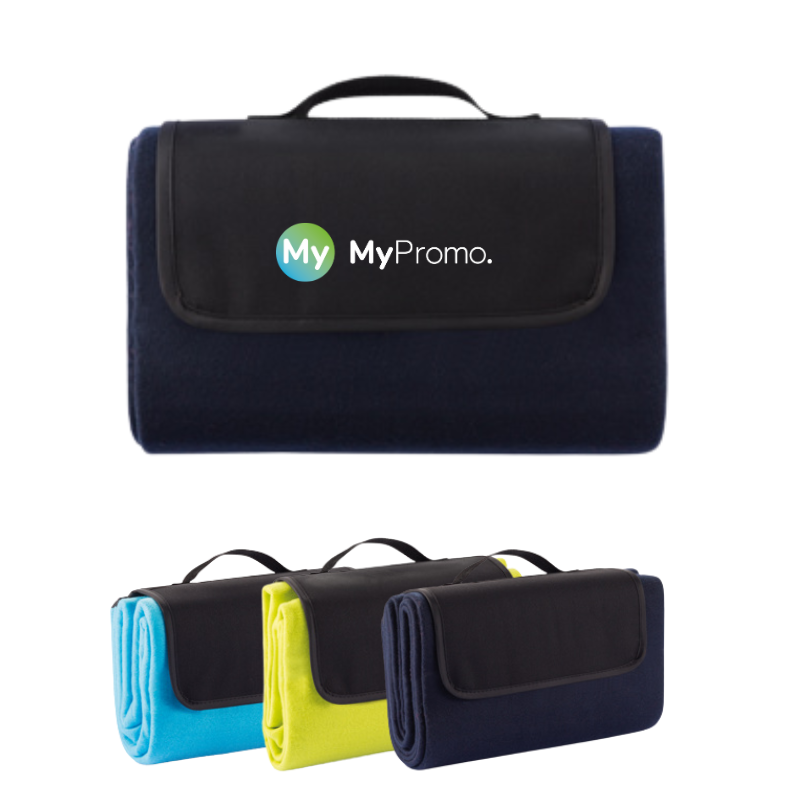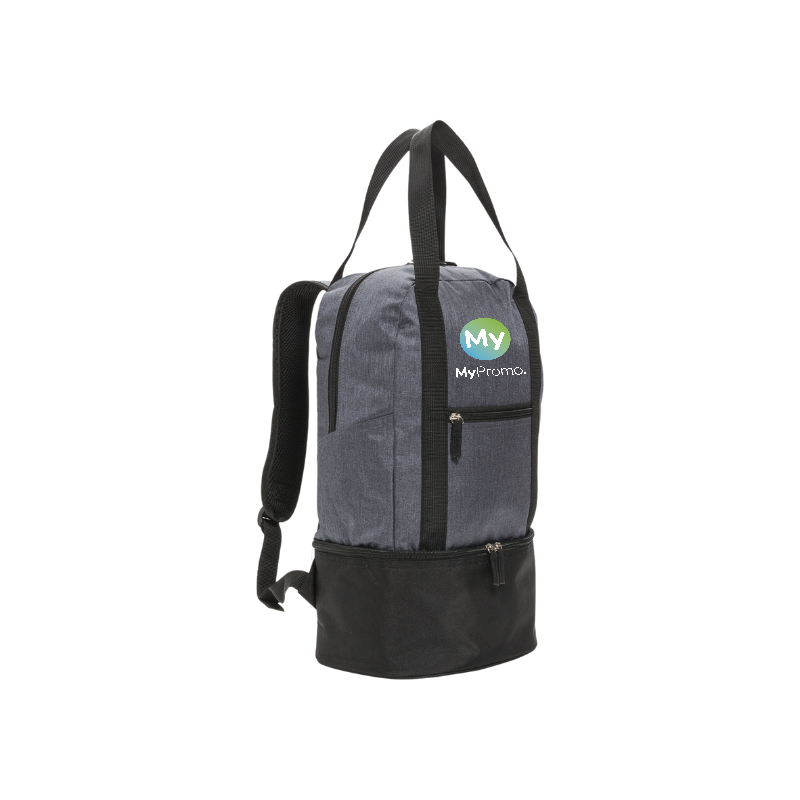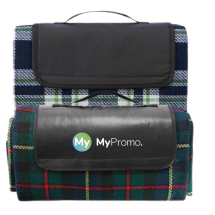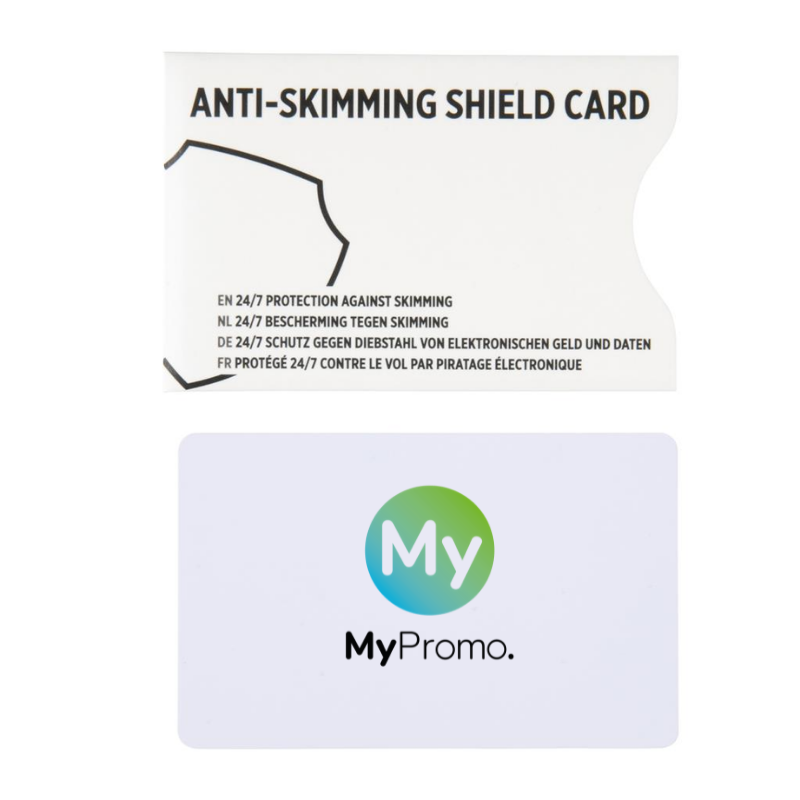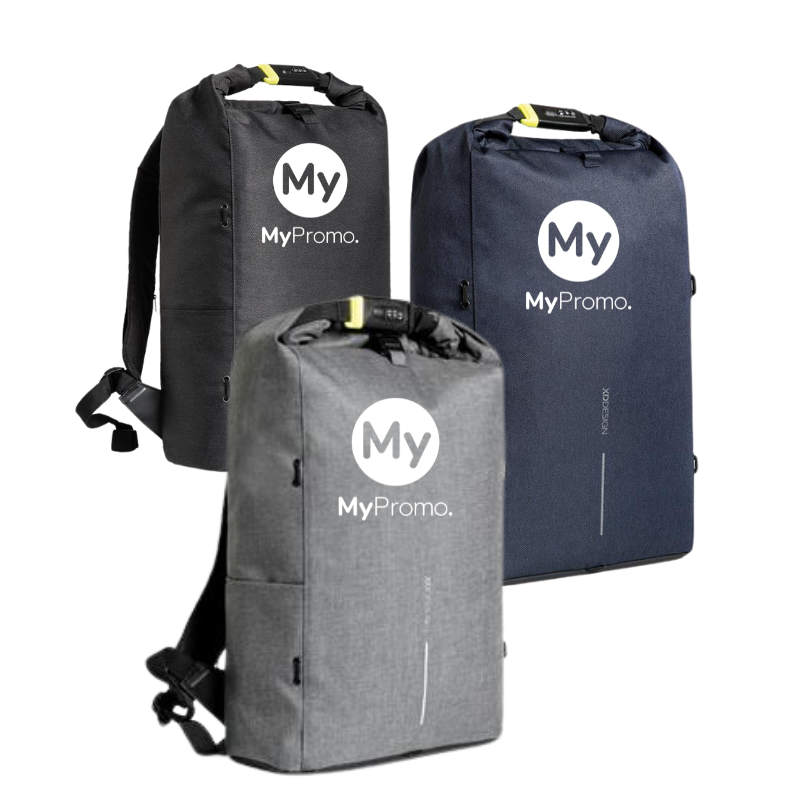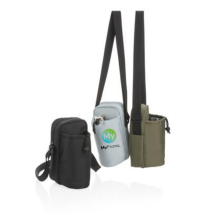Vinyl
What is Vinyl?
Vinyl is a versatile synthetic material widely used in the manufacturing industry, particularly known for its application in producing durable and customisable products, including promotional gifts. Vinyl is highly valued for its flexibility, durability, and ease of maintenance. It was first created in the 1920s by the German chemist Waldo Semon and has since become an essential material in various industries.The production of vinyl starts with the extraction of raw materials, primarily petroleum and salt. These are processed to produce ethylene and chlorine, which are then combined to form vinyl chloride monomer (VCM). This monomer undergoes a chemical reaction called polymerisation, resulting in the creation of polyvinyl chloride (PVC) resin. The resin is then compounded with additives to enhance its properties, making it suitable for different applications. The final vinyl material can be moulded, extruded, or coated to produce various products.
Key Properties of Vinyl
Vinyl is known for its impressive durability and flexibility. It is resistant to water, chemicals, and weathering, making it suitable for both indoor and outdoor use. Vinyl is also easy to clean and maintain, which adds to its appeal in various settings. Additionally, it can be produced in a wide range of colours and finishes, offering extensive customisation options. The material is lightweight yet strong, which makes it ideal for a variety of applications.
Applications of Vinyl
Vinyl's versatility allows it to be used in numerous applications. In the construction industry, vinyl is commonly used for flooring, siding, and windows due to its durability and weather resistance. In the automotive industry, vinyl is used for upholstery and interior trims. Vinyl records, a popular medium for music, are another notable application.
In the realm of promotional products, vinyl is frequently used to create personalised items such as banners, decals, and custom stickers. These items can be easily branded with company logos or messages, making them perfect for marketing purposes. Vinyl is also used in the production of bags, keychains, and other promotional merchandise.
Advantages of Using Vinyl in Manufacturing
One of the primary advantages of vinyl is its cost-effectiveness. It offers an affordable option for producing high-quality, durable goods without sacrificing aesthetics. Vinyl's resistance to moisture and chemicals makes it superior to many other materials in similar applications. Its ability to be easily cleaned and maintained further enhances its practicality for everyday use. Additionally, the customisation options available with vinyl, including a variety of colours and finishes, provide added value for manufacturers and consumers alike.
Vinyl Compared to Other Materials
When compared to other materials like leather, rubber, or fabric, vinyl stands out for its unique combination of properties. Unlike leather, vinyl is not prone to cracking or fading over time and is more resistant to moisture and stains. Compared to rubber, vinyl offers a wider range of finishes and can be more aesthetically pleasing. While fabrics may offer more comfort, vinyl is more durable and easier to clean, making it a better option for high-traffic areas and outdoor use.
Challenges and Limitations of Vinyl
Despite its many advantages, vinyl does have some limitations. One of the main concerns is its environmental impact, as the production and disposal of vinyl can contribute to pollution. Vinyl is not biodegradable and can release harmful chemicals if not properly managed. Another challenge is that vinyl can become brittle over time if exposed to extreme temperatures or prolonged UV radiation.
In conclusion, vinyl is a highly valued material in manufacturing due to its durability, cost-effectiveness, and versatility. Its unique properties make it an excellent choice for a wide range of applications, from construction and automotive uses to promotional products. Understanding its strengths and limitations helps in making informed decisions about its use in various industries.
| Property | Vinyl | Leather | Rubber | Fabric |
|---|---|---|---|---|
| Durability | High | High, but prone to cracking | High, but less aesthetically versatile | Variable, generally lower |
| Flexibility | High | Medium | High | High |
| Water Resistance | High | Medium, can absorb moisture | High | Low to medium |
| Chemical Resistance | High | Low | Medium to high | Low |
| Weather Resistance | High | Low | Medium to high | Low to medium |
| Maintenance | Easy to clean and maintain | Requires regular care | Low to medium maintenance | Requires regular cleaning |
| Weight | Lightweight | Medium to heavy | Medium | Lightweight |
| Customisation | High, available in many colours and finishes | Limited to dyes and finishes | Limited to colours and textures | High, available in many colours and patterns |
| Comfort | Medium | High | Medium | High |
| Environmental Impact | Not biodegradable, can release harmful chemicals | Biodegradable, but environmentally taxing to produce | Variable, depends on type | Biodegradable, but requires resources to produce and maintain |
| Applications | Flooring, siding, windows, upholstery, records, promotional items | Upholstery, fashion, accessories | Flooring, tyres, seals, hoses | Clothing, upholstery, accessories |
What is vinyl used for?
Vinyl is used in a wide range of applications, including flooring, wall coverings, upholstery, windows, records, and promotional items like banners, decals, and custom stickers. Its versatility, durability, and ease of maintenance make it ideal for both residential and commercial uses.
Is vinyl safe for indoor use?
Yes, vinyl is safe for indoor use when it meets regulatory standards. Modern vinyl products are designed to be low in volatile organic compounds (VOCs) and are subject to strict safety standards. However, it’s important to ensure that vinyl products are certified and sourced from reputable manufacturers.
How do I clean and maintain vinyl products?
Vinyl products are easy to clean and maintain. For routine cleaning, use a damp cloth or mop with a mild detergent. Avoid using abrasive cleaners or scouring pads as they can damage the surface. For tougher stains, a mixture of water and baking soda or a specialised vinyl cleaner can be used.
Can vinyl be recycled?
While vinyl is not biodegradable, it can be recycled. Some recycling programmes accept vinyl, where it can be processed and reused in the production of new vinyl products or other materials. It’s important to check local recycling guidelines to determine the availability of vinyl recycling options in your area.
What are the environmental impacts of vinyl?
The production and disposal of vinyl can have environmental impacts, including the release of harmful chemicals. However, advancements in manufacturing have led to the development of more eco-friendly vinyl products that minimise these impacts. It’s crucial to choose vinyl products that are certified as low-VOC and sourced from environmentally conscious manufacturers.
